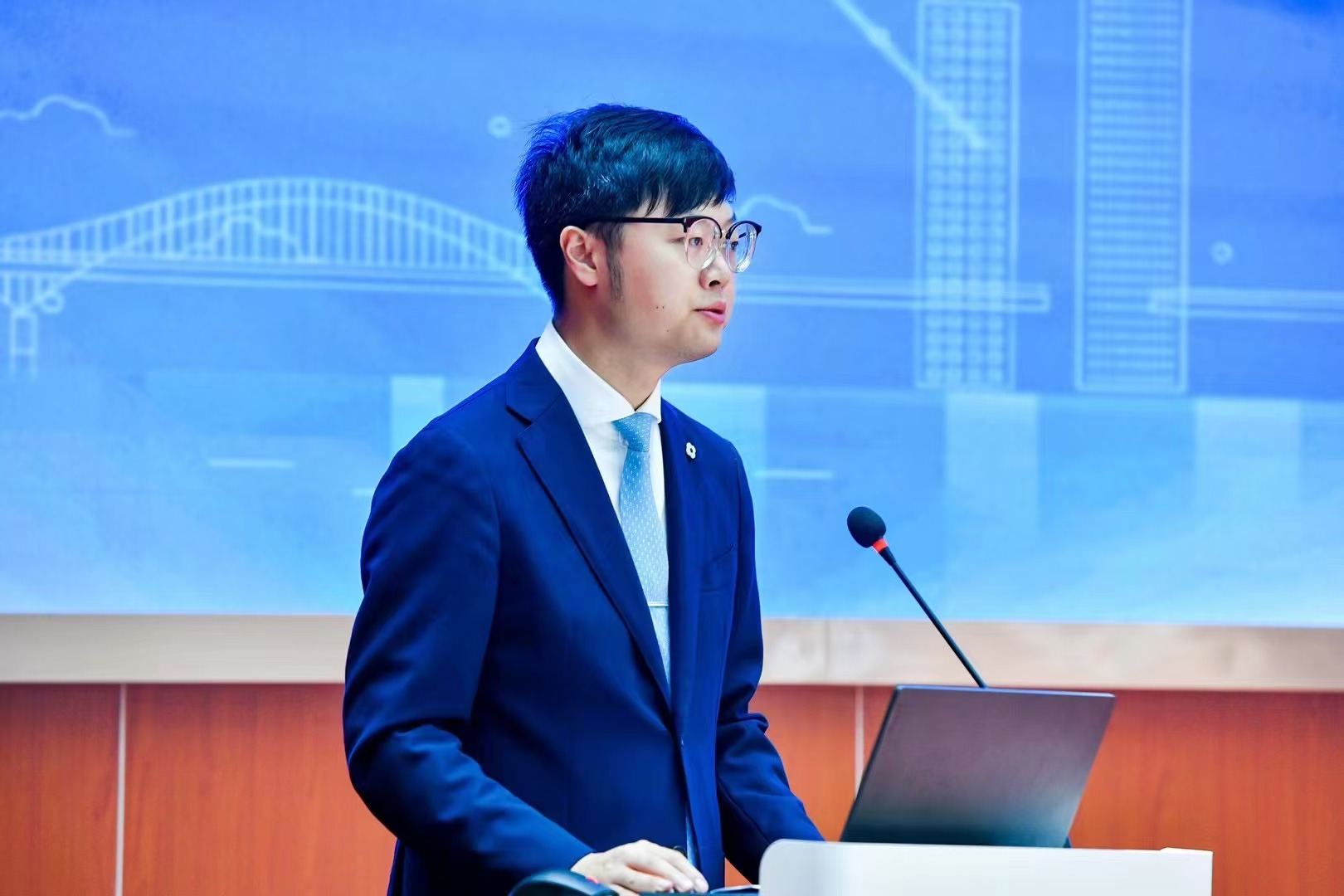 Bridging News
Bridging News
Chengdu and Chongqing Enhance Legal Cooperation to Boost Foreign Investment | Insights
Chongqing - January 3 marked the fifth anniversary of the Chengdu-Chongqing economic circle.
Ye Ming, Chongqing Jingsheng Law Firm Senior Partner, told Bridging News that the collaborative efforts in legislation and legal practice between the two cities have established unified legal standards, further optimizing the business environment for foreign investment in the Chengdu-Chongqing economic circle.

Ye Ming, Chongqing Jingsheng Law Firm Senior Partner. (Photo/Ye Ming)
"Foreign investors tend to view the Chengdu-Chongqing economic circle as a unified region," Ming remarked. However, in reality, the economic zone encompasses two distinct administrative regions: Chengdu and Chongqing.
According to Ming, local legislation in China is generally based on the administrative divisions of the respective provinces or municipalities. The coordination of legislation between the two administrative regions presents challenges in terms of legislative authorization.
Ming said that the collaborative legislation between the Chengdu-Chongqing economic circle relies on the Legislation Law of the People's Republic of China for legal support. Additionally, the two regions have introduced the Measures for Collaborative Legislation Work of Legal Work Institutions of People's Congress of Sichuan and Chongqing, which effectively align key systems.
This allows both regions to create unified and coordinated legal frameworks for enterprises in the same industry, based on their practical needs. Ming added that it ensures the legal ecosystem within the Chengdu-Chongqing economic circle remains consistent, providing a unified legal framework for foreign investments and business activities in the region, both at the legislative and regulatory levels.
A collaborative mechanism also exists in the legal practices of both regions. Ming said that, in recent years, the judicial departments in Chengdu and Chongqing, including courts at various levels, have worked together to release rulings on key cases in areas such as intellectual property, bankruptcy and transportation.
For instance, the Chengdu Shuangliu Court and the Chongqing Yubei Court have jointly published typical case studies on judicial services for the development of airport hubs.
Ming said that these case rulings, which serve as valuable references in judicial decision-making, have had a significant influence. As a result, they provide a unified standard for the Chengdu-Chongqing economic circle at the level of judicial practice. Ming added that judicial uniformity ensures the national treatment of foreign-invested enterprises, thereby safeguarding their development.
Ming added that at the national level, there has been a shift in focus for attracting foreign investment to the Chengdu-Chongqing Economic Circle. The emphasis has moved away from traditional fiscal subsidies towards strengthening the region’s soft environment.
This includes optimizing government services, creating a better business environment, and enhancing talent development and recruitment, among other measures. These efforts aim to ensure that foreign investment is attracted on a long-term and sustainable basis.
Legal challenges for foreign enterprises
Ming said that, according to the Foreign Investment Law of the People's Republic of China, foreign investment does not require approval as long as the industry it operates in is not on negative lists for foreign investment. Furthermore, foreign enterprises are entitled to the same national treatment as local Chinese businesses and are subject to the same market conditions and business environment.

Chongqing's Liangjiang Collaborative Innovation Zone at Mingyue Lake. (Photo/Xing Hongyu)
As a result, foreign and domestic companies in the Chengdu-Chongqing economic circle face the same market conditions and challenges, such as intellectual property, company establishment, operations management, and market exit.
However, Ming further explained that due to differences in the legal environments and legal cultures between China and foreign countries, foreign enterprises encounter some unique market challenges of their own.
Foreign enterprises face several risks when establishing operations in the Chengdu-Chongqing economic circle, with contract risks being a prominent concern. According to Ming, differences in legal systems between China and foreign countries can lead to discrepancies in understanding and enforcement of contract terms, breach of contract liabilities, and contract termination conditions, potentially increasing the risk of legal disputes.
Intellectual property is another key area of concern for foreign-invested enterprises. Ming explained that in terms of production processes and methods, foreign companies may face challenges if their technical patents are already registered domestically.
In such cases, they would need to go through the patent reauthorization process. Additionally, due to differences in specific legal procedures between China and foreign countries, the re-registration of intellectual property may bring about additional challenges and legal risks.
Foreign enterprises also face tax-related risks. Ming noted that during the process of entering or exiting the Chengdu-Chongqing Economic Circle, as well as in the transformation between foreign and domestic investments, foreign enterprises must engage in tax planning and adjustments.
Due to differences in tax processes between China and foreign countries, these adjustments may result in potential legal risks. Foreign businesses must pay special attention to tax compliance to avoid legal disputes arising from tax-related issues.
 Related Stories
Related Stories